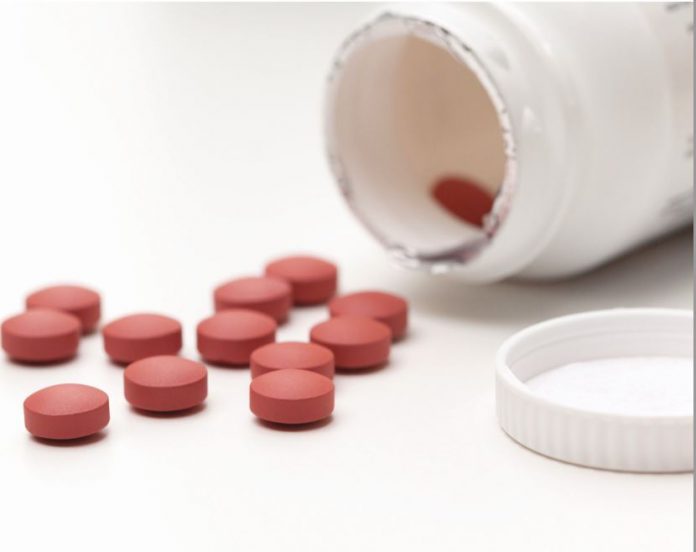U.S. President Donald Trump announced plans to sign an executive order on prescription drug pricing Monday, aiming to align U.S. drug prices with those in other high-income nations.
In a Truth Social post on Monday, Trump stated the order would result in a 59% reduction in drug prices, revising his earlier promise of cuts ranging from 30% to 80%.
He is scheduled to hold an event at the White House with U.S. Health Secretary Robert F. Kennedy Jr. at 9:30 a.m. (1330 GMT) but has yet to provide further details on the plan.
The United States currently pays the highest prices for prescription drugs, often significantly higher than other developed nations. During his first term, Trump attempted to lower these costs but was blocked by the courts.
Drug industry lobbyists have suggested that the new order may focus on the federal Medicare program, which covers individuals aged 65 and older and those with disabilities.
Trump’s comments sent pharmaceutical shares lower, with U.S. drugmakers seeing declines between 2% and 3%. Unlike most countries, the U.S. has limited direct negotiation over drug prices, relying on private pharmacy benefit managers to negotiate prices within insurance plans.
Biden’s Inflation Reduction Act, which allows for negotiation of drug prices for Medicare, has resulted in some reductions, but the negotiated prices still remain significantly higher than those in other countries. For example, the blood thinner Eliquis is priced at $606 for a month’s supply in the U.S., but costs only $114 in Sweden and $20 in Japan.




